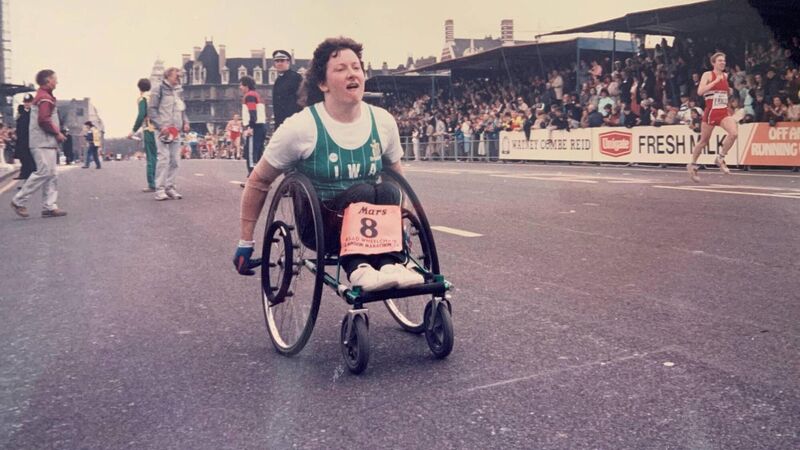Cork paralympian's family criticise lack of disability access to event planned in her honour

Kay McShane was a tireless campaigner for disability issues.
The family of a pioneering paralympian has threatened to withdraw its support for an exhibition in her honour on Spike Island because it won't be accessible to wheelchair users.
The family of the late Cork woman Kay McShane said she fought against such discrimination all her life and any exhibition honouring her remarkable sporting achievements must be accessible to all.












